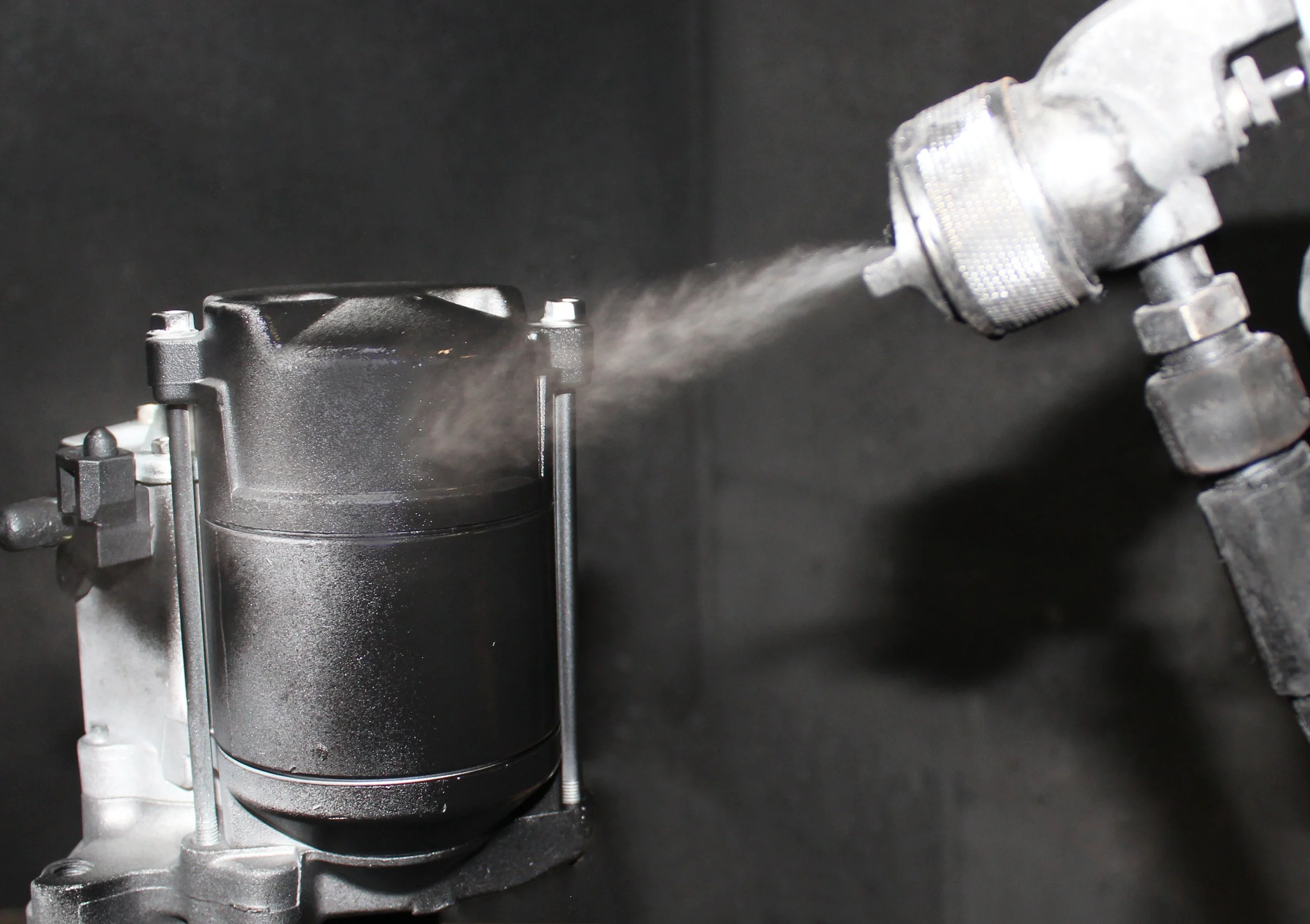How Autoelectro is securing the future of UK remanufacturing
Remanufacturing was once a manual, parts-based repair process – but is now a precision-led, technology-heavy and investment-driven operation – so how has Autoelectro thrived where others have fallen, and how is it using its authority to benefit both motor factors selling and workshop technicians fitting its starter motors and alternators?
British manufacturing faces mounting pressures – from globalisation and rising costs to skill shortages – but, from its Bradford headquarters, Autoelectro continues to fly the flag for UK-based remanufacturing.
While inexpensive, mass-produced copy products continue to make their impact in the trade, Autoelectro has doubled down on remanufacturing. It continues to evolve its practices in the face of increasingly complex vehicle technology and invest in modern test equipment.
Today’s starter motors and alternators are advanced, ECU-controlled components, integrated with stop/start systems, regenerative 48V MHEV systems. This is in stark contrast to the simpler parts traditionally seen on classic cars, like the ACR-style alternator found on many makes and models in the 1960s and 70s.
Technical challenges, real-world solutions
Autoelectro’s technical support doesn’t stop at the unit itself. The rotating electrics specialist provides practical solutions to known vehicle faults, arming both motor factors and workshops with the knowledge to solve recurring issues that can cause costly comebacks and erode confidence.
Take AEK2971, an alternator fitted to the Honda Civic and CR-V 2.2 diesel (2005-onwards). This component is known for suffering from excessive load on the pulley and bearings. Autoelectro advises replacing the drive belt and removing the guide pulley – reducing stress on the unit and improving its lifespan.
Then there’s AEC1777, an alternator for the Ford Fiesta and Mazda 2 1.4 diesel (2003-onwards), which features Ford’s three-pin ‘smart charge’ ECU system. A common pitfall here is battery incompatibility. Autoelectro warns against using standard lead-acid batteries, as they can cause a 3.5A discharge fault. The fix is to always pair the unit with the correct silver calcium battery type for optimal performance.
For the latest generation of vehicles, such as the Audi A6, A7, A8, SQ5, Q7 and Q8 3.0 diesel MHEV (2019-onwards), Autoelectro supplies AEG9023NU, a 48V MHEV alternator with a five-pin plug. Even before installation, the key here is to ensure the vehicle’s software is up to date. A mismatch between ECU software and alternator signals can lead to charging and communication errors.
Not only are these part-specific advisory warning notices included in the box with the part, but they are also displayed when searching for individual part numbers on Autoelectro’s 1986 Dashboard for account customers.
Furthermore, as well as technical insights, the portal shows a full specification of each part, including the amperage, connections, the number of fixing points and fan and pulley type. This invaluable information is exclusive to account holders – but is accessible free of charge once the short registration is completed.
These bulletins are designed to help technicians address the root causes of vehicle issues, reducing the risk of starter motor and alternator replacement failures – and minimising returns.
Navigating industry pressures
Autoelectro is proud of its track record; it has thrived in a sector where many others have failed. This is thanks to advanced testing, its commitment to using OE-quality components, core sourcing strategy, management of product proliferation and investment in people:
Testing: Each starter motor and alternator is verified using the latest OE-specification test equipment that replicates real-world ECU communication and on-vehicle environments. Each unit must pass a strict validation process before it leaves the facility.
OE-quality parts: Autoelectro insists on the use of many OE components in its remanufacturing process, which are especially important in high-value applications – like integrated Starter Alternator Reversible System (iStARS) units. This is a significant investment but one that ensures consistent performance and reliability.
Core sourcing: As copy products become more appealing, the traditional core return model is under threat. Autoelectro only remanufactures OE cores and is working closely with distributors and workshops to re-educate the trade on the importance of core returns to maintain the remanufacturing cycle.
Product proliferation: The variety of units has grown exponentially – even within a single vehicle platform! Autoelectro has adapted by expanding its product range (more than 5,000 part numbers) and improving stock profiling to cater to everything from classic cars to the latest 48V MHEV systems.
People and skills: Perhaps most crucially, Autoelectro continues to invest in its team of engineers, ensuring training is up-to-date and methods current, to maintain unit quality and reliability.
Remanufacturing future bright – so long as it’s done correctly!
Autoelectro’s Harnek Bhogal said: “While some may see remanufacturing as unprofitable, we see it as the future – provided it’s done correctly.
“Through three generations and almost 40 years in the trade, we are acutely aware that success is built over a sustained period – building a range, investing in equipment and people, refining processes and providing outstanding after-sales support – which is why we know that motor factors looking to sell a fault-free part the first time around, see the value of a specialist remanufacturer, like Autoelectro.”

